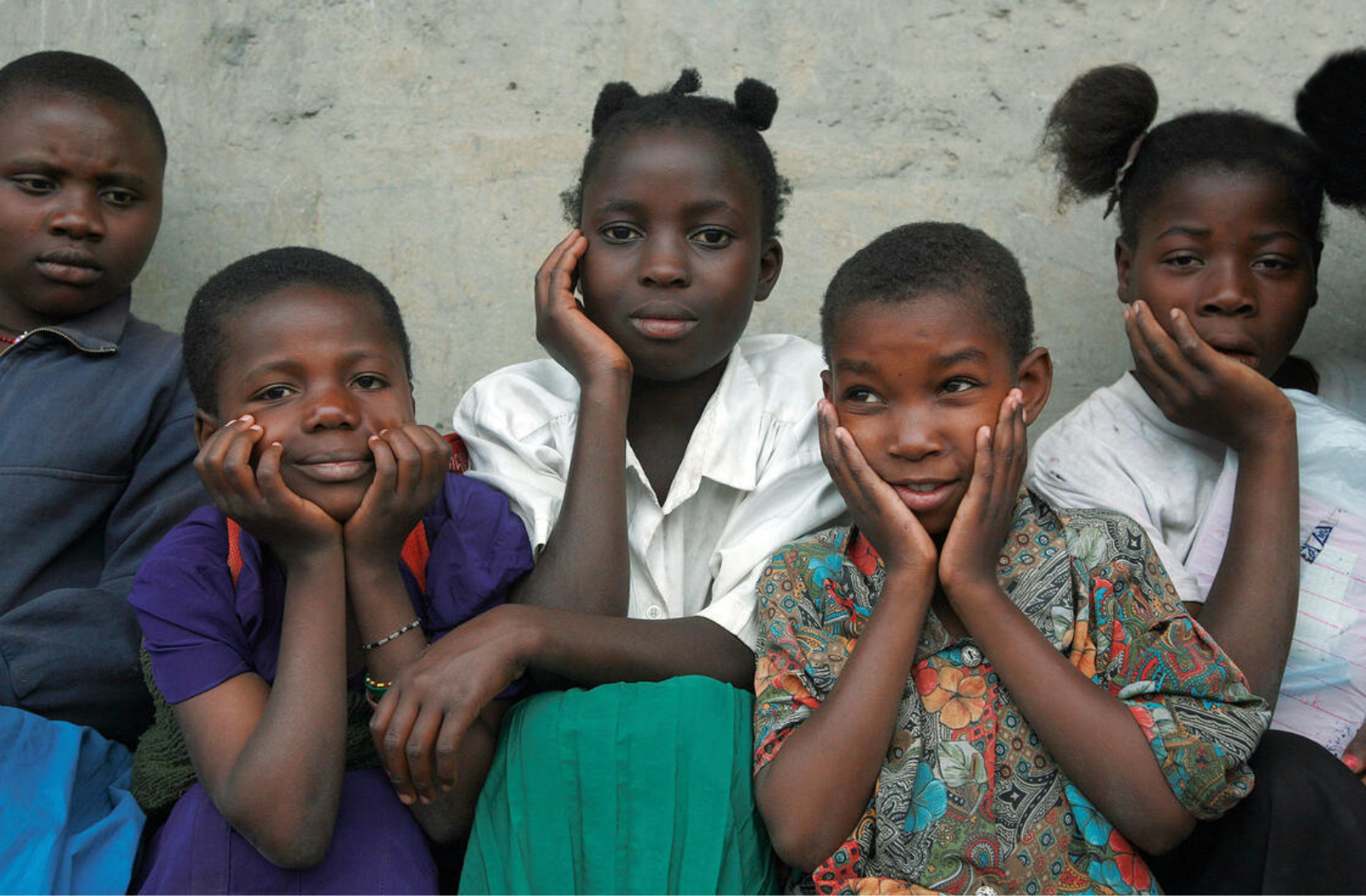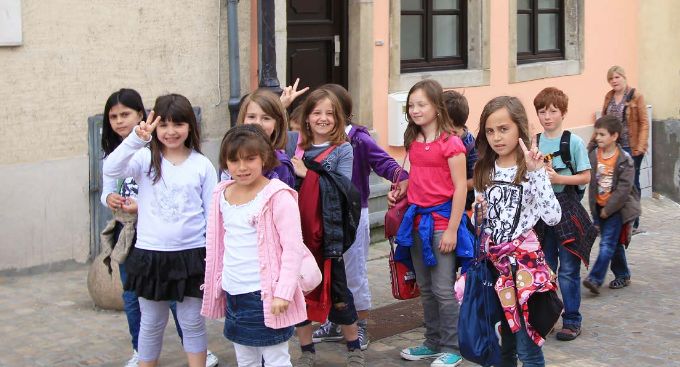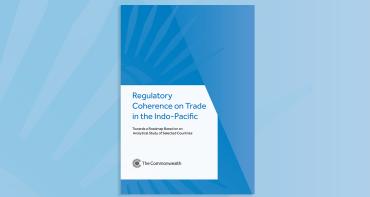As we bring out our new report, “The price of inaction: The global private, fiscal and social costs of children and youth not learning,” we are alarmed over the looming financial costs of children not attending or leaving school early and not acquiring basic skills, such as literacy and numeracy. At the same time, we can see the massive benefits of investing in education across the globe and the huge gains from achieving the education Sustainable Development Goal (SDG 4) of inclusive and equitable education for all.

By Justine Sass and Matthias Eck, UNESCO, Michael Ward, OECD and Amina Osman, the Commonwealth Secretariat
Photo credit: © UNESCO/M. Hofer
Our findings reveal a stark reality: if no action is taken, the world could face over $10 trillion in losses by 2030 due to unmet educational needs. This encompasses not just economic costs but also broader social setbacks, including rising adolescent pregnancies, poor mental health, social fragmentation, and higher crime rates.
Afghanistan, for example, faces severe challenges exacerbated by recent policies excluding girls from secondary and higher education. If these policies remain in place, the economic costs borne by society of girls leaving school early are estimated at US$1.5 billion per year by 2030. Reversing these policies is urgently needed to ensure the right to education for all and could also catalyse substantial economic recovery and societal benefits.
Of the countries that we studied, Chad faces the highest potential social costs (costs borne by the government and society), with the economic burden of uneducated children rising to nearly 58% of its 2030 GDP and thus significantly constraining the country’s development. This underscores the urgent need for investing in inclusive and quality education and ensuring that all children and youth acquire basic skills and the necessary socio-emotional skills to thrive.
In our rapidly changing world, the role of socio-emotional skills in the educational landscape is becoming increasingly significant. These skills, which enable individuals to manage emotions effectively, forge positive relationships and cultivate meaningful interpersonal connections as well as exercise sound judgment and make responsible decisions, are critical for success in the contemporary economy. As technological advancements continue to redefine traditional job roles and workplace dynamics, the significance of socio-emotional competencies have become even more pronounced.
In essence, as the landscape of work and society continues to evolve at a rapid pace, the role of socio-emotional skills in education becomes increasingly vital. By nurturing these competencies, educators lay the foundation for students to thrive in an interconnected world, where success is contingent not only on technical proficiency but also on emotional intelligence, interpersonal skills, and ethical decision-making.
As explained in the report, students equipped with strong socio-emotional skills tend to do better at school, demonstrate greater employment rates and more effective workplace performance. This highlights a crucial opportunity for educational systems globally to integrate socio-emotional learning into their curricula, not only to enhance individual well-being but also to strengthen the economic resilience and innovative capabilities of entire societies. Significantly, the report indicates that insufficient socio-emotional skills come with a hefty global price tag, exceeding US$7.4 trillion or 19 per cent of annual GDP.

The impacts of early school leaving, and low educational achievement transcend economic losses and lead to wide-ranging societal issues. For instance, we see that early pregnancies and crime rates are significantly higher among early school leavers. To address these issues, countries need to adopt a comprehensive educational strategy that tackles the causes of school dropout and rapidly improves the basic skills and socio-emotional skills of students.
By ensuring broad access to quality education that encompasses socio-emotional learning, we can build a more prosperous, equitable and just society.
A unified vision for global education
Our report is a call to global leaders, policymakers, educational stakeholders, and the international community to renew their commitments to transform education. While countries have made significant progress over the past decade, more investment and action in education is needed. The report’s recommendations are designed to inspire actionable steps toward achieving SDG4. They include to:
- Provide 12 years of free, publicly funded, inclusive, equitable, and quality education.
- Create gender-transformative, inclusive, and empowering learning environments.
- Invest in early childhood education and development.
- Avoid early tracking and provide second-chance options.
- Improve school infrastructure and support a diverse and well-trained teacher workforce.
- Raise awareness among local communities about the importance of education.
- Address health and mental well-being through comprehensive school programmes.
- Connect learning with real-world applications and work opportunities.
As we continue to navigate complex global challenges, our collective commitment to invest in and strengthen education systems worldwide remains unwavering. Together, we can transform these challenges into opportunities to foster a more just, prosperous and sustainable world.



